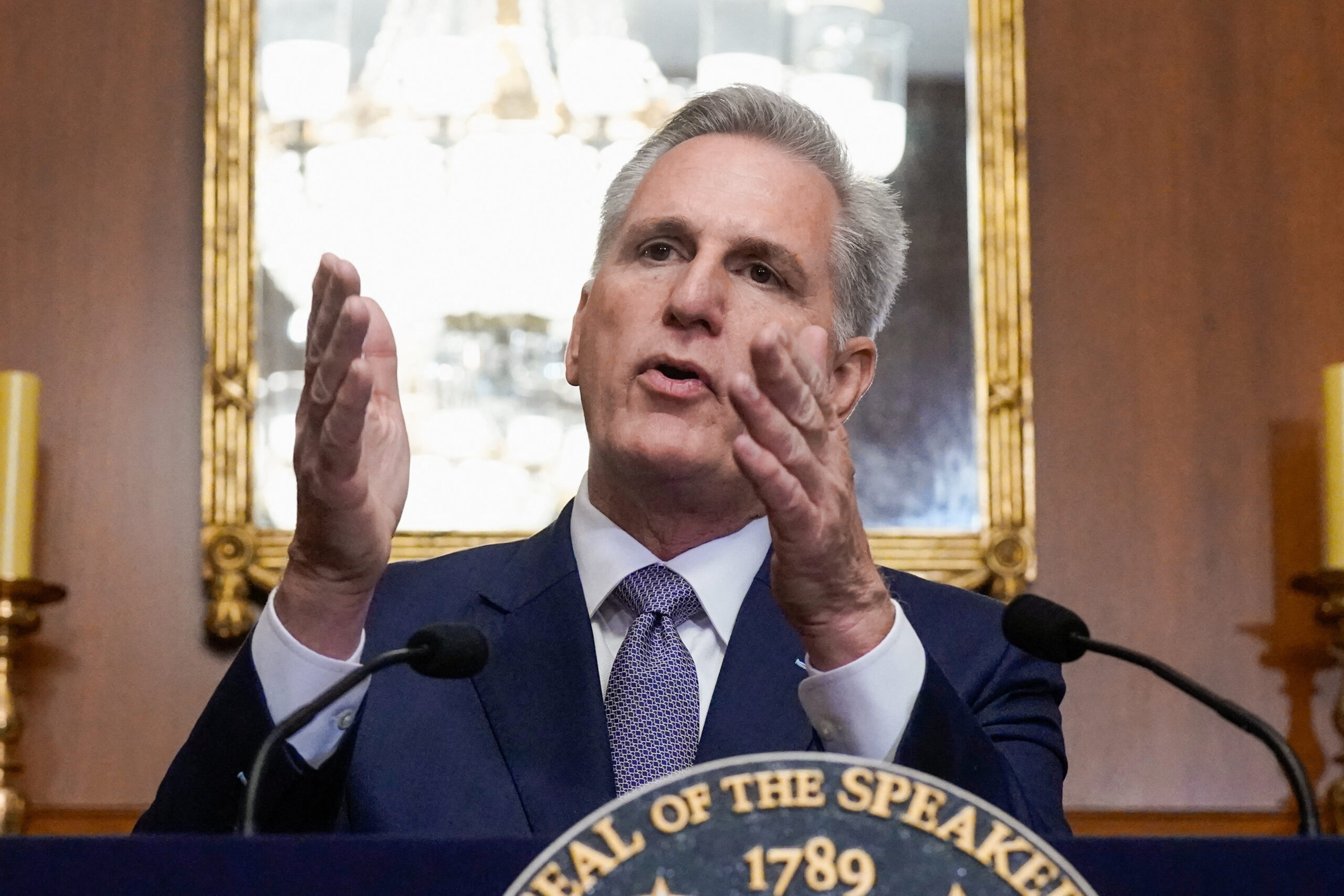Lucy Sheldon ’27
Staff Writer
The United States scarcely avoided a government shutdown, instead passing a stopgap bill just hours before the deadline. For the last several weeks, reports were circulating of splits in the Republican Party over the approval of the federal funding budget that continue to remain unresolved. The stopgap will allow federal funding to continue for the next 45 days while negotiations over next year’s budget continue.
The Antideficiency Act, passed in 1884 and later amended in 1950, ensures that Congress has to agree on all spending to keep federal agencies mobilized. Congress has the duration of a “fiscal year,” ending on Oct. 1, 2023, to pass a total of twelve appropriation bills to fund departments and projects. When appropriations are not passed, the government goes into shutdown. A partial shutdown can provide some appropriations passed for federal funding keeping those relating agencies in business. Historically, there have been 10 government shutdowns dating all the way back to November of 1981 and ranging to most recently, December of 2018.
To avoid even coming close to a shutdown, a bipartisan budget was erected and agreed upon by the president and congressional leaders earlier in the year. Yet, the White House stated the agreement was disregarded by Speaker Kevin McCarthy and House republicans as they instead pushed for appropriation bills in direct conflict with their original promise. Included in these new appropriation bills were slashes made to school funding for low-income students, cuts to law enforcement and health research, an increase in energy costs for rural Americans and a raise for housing costs for thousands amongst other cuts.
Ultimately, these proposed 30% cuts made by Republicans would impact the many families and individuals currently reliant on government assistance. In Connecticut alone, 47,000 low-income women, infants and children rely on the Supplemental Nutrition Program for Women, Infants, and Children (WIC) as it provides nutrition in the form of food, education and health care. And as of 2022, the Supplemental Nutrition Assistance Program (SNAP), a federally funded organization, served 222,600 households in Connecticut including 138,800 children.
However, with Republicans remaining steadfast with their desire to cut costs, Congress was at an impasse. It wasn’t until hours before the end of the fiscal year that it was clear the government would remain funded through Nov. 17. While this legislation included an additional $16 billion in funds for emergency disaster as sistance, there is still some question as to how much aid the United States will proceed funding to Ukraine. The White House released a statement saying, “I fully expect the Speaker will keep his commitment to the people of Ukraine and secure passage of the support needed to help Ukraine at this critical moment.”
In lieu of the near shutdown and last minute save on behalf of the stopgap bill, Speaker McCarthy is facing serious backlash from all sides putting his position as Speaker in peril. The stopgap bill garnered a lot of support from House democrats with some Republican members pressuring McCarthy to vacate office over the bill.






+ There are no comments
Add yours